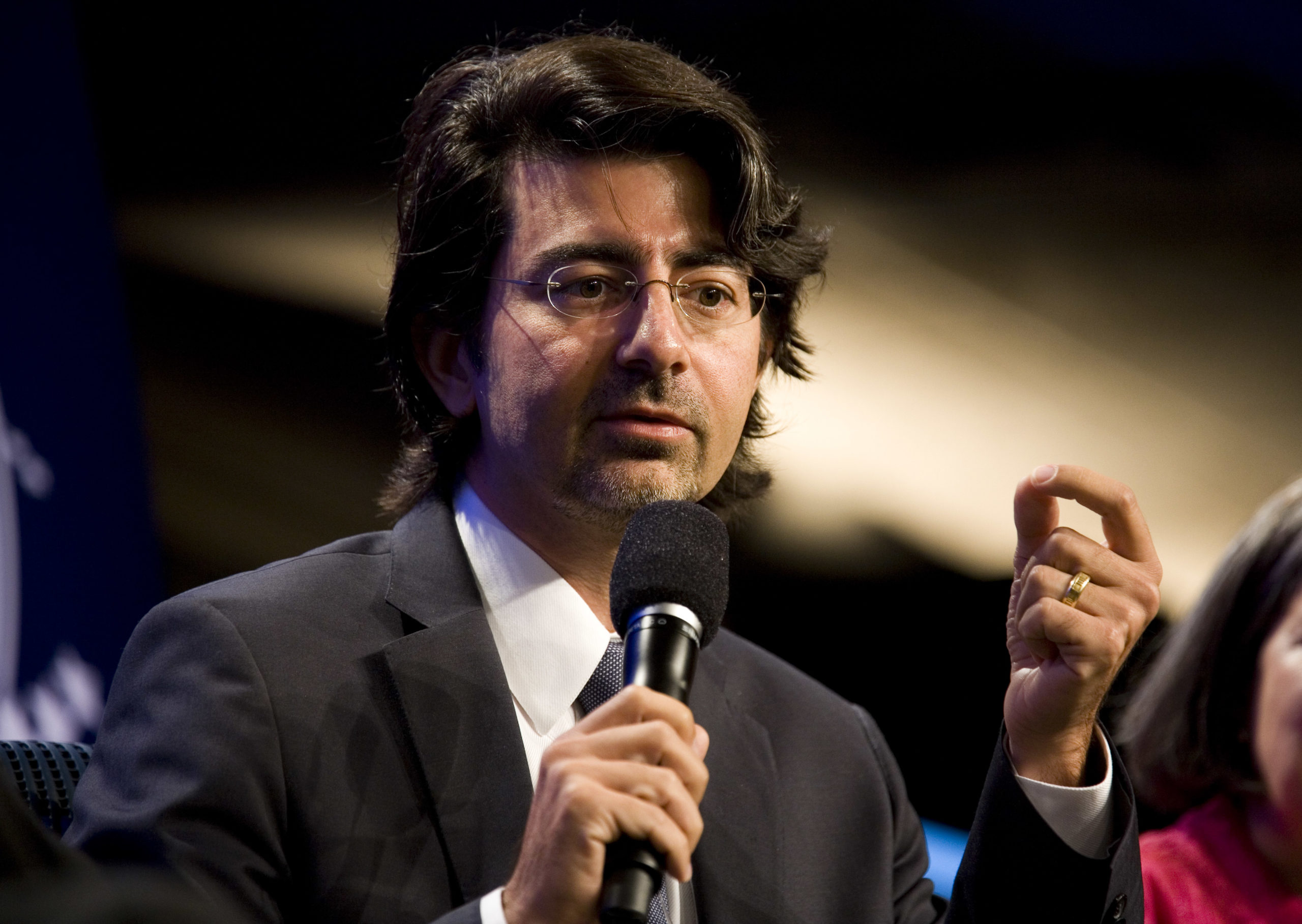Beat Pete, Take Food, Arrest Pete, Steal From Pete, Deny Pete Food, Water and Shelter
Pete BennettOctober 21, 2021attorney, Bennett v. Southern Pacific, Pete Bennett, Rick Kopf, The Pete Bennett Story, World Trade Center
No comments

The Living, Dead and Destroyed Outsourcing Stories
Pete BennettOctober 21, 2021Big Law, Big Tech, Dead Witness, Election Fraud, Private Equity
No comments

Bennett / Supervisor Glover Meeting - April 2009
Pete BennettOctober 20, 2021Contra Costa Board of Supervisors, Contra Costa Sheriff's Office, Murder
No comments

Bennett / Supervisor Glover Meeting - April 2009 When Danville PD concealed the 2004 Danville assault I started calling the FBI as by December of 2004, I was getting tickets, been set on fire, pulled over, accused of dealing drugs, thefts and DUI. After the Eric Nunn fatal crash my opinion which includes members of his family was...
Andrew Charles Schwartz #64578
Pete BennettOctober 20, 2021attorney, Attorney Licensee Profile, CNET SCANDAL, PG&E, San Ramon Unified School District, The State Bar of California
No comments

Attorney Profile
Andrew Charles Schwartz #64578
License Status: Active
Address: Casper Meadows & Schwartz, 2121 N California Bl #1020, Walnut
Creek, CA 94596
Phone: 925-947-1147 | Fax: 925-947-1131
Email: schwartz@cmslaw.com | Website: www.cmslaw.com
...
Mainframe Designs Cabinets and Fixtures
Pete BennettOctober 20, 2021Bennett Business Locations, Dead Witness, Pete Bennett, The Story Series
No comments

East Bay Leadership Council
Pete BennettOctober 16, 2021#deadwitness, Contra Costa County, Dead Witness, Dead Witness
No comments

Fremont Partners raises $920 million
Pete BennettOctober 12, 2021Outsourcing, The Bill Gates Back Story, The Epstein Files, The Venture Capital Murders, The Virus Files
No comments

Move the Needle CEO Challenge: Lance Fritz, Union Pacific
Pete BennettOctober 11, 2021Bennett v. Southern Pacific, BNSF, Federal Railroad Administration, House Transportation Committee, Southern Pacific Railroad
No comments

Move the Truth
The current CEO and Chairman plus their billionaire owners should be charged
with racketeering, obstruction of Justice
Kill the witness in Bennett vs. Southern Pacific
.post {
width: 100% !important;
}
.post-footer {
display: none !important;
}
...
Union Pacific: Chairman Lance M. Fritz
Pete BennettOctober 11, 2021Business Roundtable, Department of Defense, Federal Railroad Administration, Military, STRATCOM, The 9/11 Files, Union Pacific
No comments


















